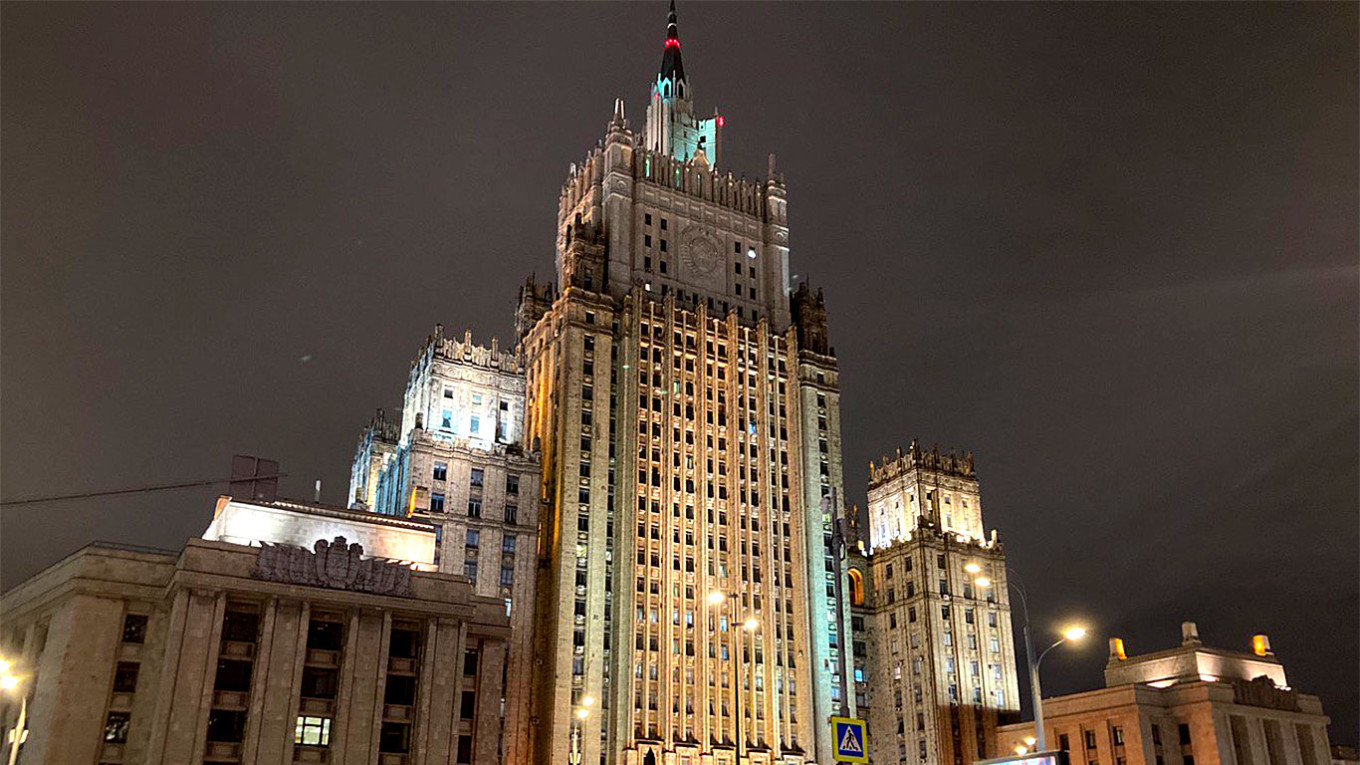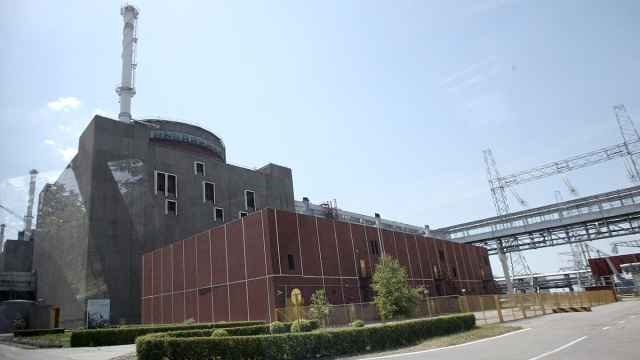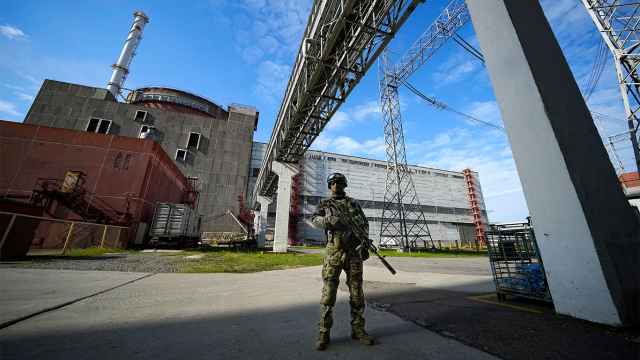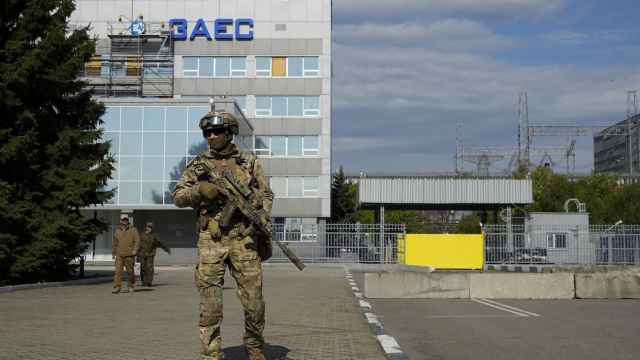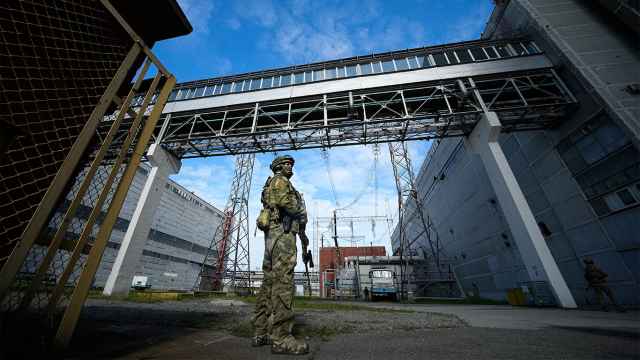Russia intends to stick to a nuclear test ban moratorium despite withdrawing its ratification of the Comprehensive Nuclear Test Ban Treaty, the Foreign Ministry said Friday.
"We intend to keep the moratorium that was introduced more than 30 years ago in place," said a ministry statement.
But any nuclear tests by the United States would "force us to do the same," it added.
Russian President Vladimir Putin on Thursday signed off on a law revoking Russia's ratification of the treaty.
The 1996 treaty outlaws all nuclear explosions, including live tests of nuclear weapons, though it never came into force because some key countries — including the United States and China — never ratified it.
The West has accused Russia of using reckless nuclear rhetoric since it launched its offensive on Ukraine last February.
U.S. Secretary of State Antony Blinken criticized Putin's announcement on Thursday, and called on Moscow to commit to not carry out testing.
"Unfortunately, it represents a significant step in the wrong direction, taking us further from, not closer to, entry into force" of the treaty, Blinken said in a statement.
"This continues Moscow's disturbing and misguided effort to heighten nuclear risks and raise tensions as it pursues its illegal war against Ukraine," he said.
Putin last week oversaw ballistic missile drills in what Defense Minister Sergei Shoigu said was practice for a "massive" retaliatory nuclear strike against an unnamed enemy.
Putin also said last month he was "not ready to say" whether Russia would carry out live nuclear tests.
The Comprehensive Nuclear Test Ban Treaty Organization (CTBTO) has urged Russia to continue its commitment to the treaty, including the use of monitoring stations capable of detecting the slightest explosion in real-time.
A Message from The Moscow Times:
Dear readers,
We are facing unprecedented challenges. Russia's Prosecutor General's Office has designated The Moscow Times as an "undesirable" organization, criminalizing our work and putting our staff at risk of prosecution. This follows our earlier unjust labeling as a "foreign agent."
These actions are direct attempts to silence independent journalism in Russia. The authorities claim our work "discredits the decisions of the Russian leadership." We see things differently: we strive to provide accurate, unbiased reporting on Russia.
We, the journalists of The Moscow Times, refuse to be silenced. But to continue our work, we need your help.
Your support, no matter how small, makes a world of difference. If you can, please support us monthly starting from just $2. It's quick to set up, and every contribution makes a significant impact.
By supporting The Moscow Times, you're defending open, independent journalism in the face of repression. Thank you for standing with us.
Remind me later.


